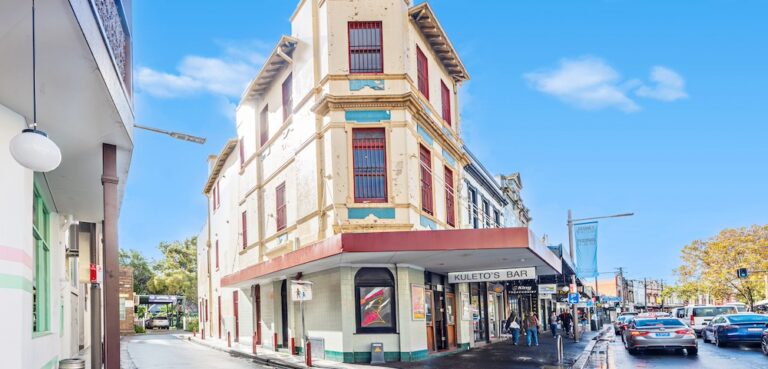
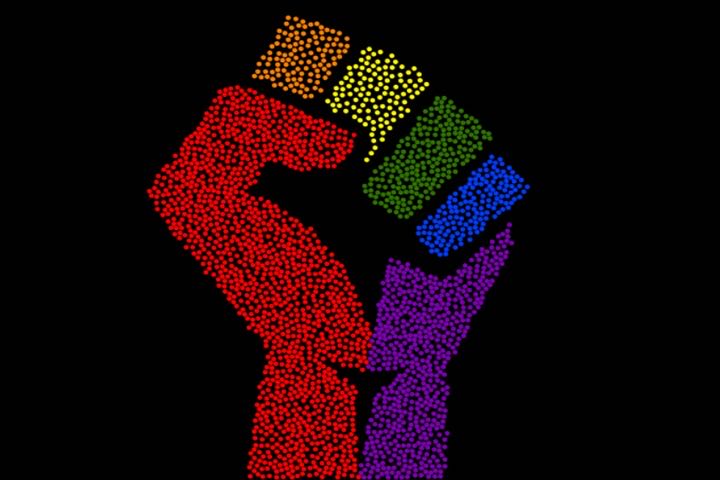
How Committed are LGBTQI Groups to Fighting Racism?
When the Black Lives Matter campaign stops ‘trending’, will LGBTQI groups remember their commitment to fighting racism?
The tragic and inexcusable death of African-American man George Floyd at the hands of a white police officer in Minnesota, USA on May, 25 2020 spurred mass protests that quickly spread around the world, including in Australia. Coincidentally, Mr Floyd’s death came as LGBTQI communities across the globe were gearing up for Pride month, held annually in June. In response to Mr Floyd’s death and the growing momentum of demonstrations against racism and police brutality, LGBTQI groups rushed to align themselves to the Black Lives Matter (BLM) campaign and drew comparisons between the current fight against racism and police brutality with the LGBTQI community’s own resistance to police harassment and brutality in the past.
Interestingly, many of these LGBTQI groups have failed to acknowledge the systemic racism that exists within the LGBTQI community itself. A 2018 report by the UK-based LGBTQI organisation Stonewall found that 51 percent of black, Asian and minority ethnic LGBTQI people have experienced discrimination or poor treatment from others in their local LGBTQI community because of their ethnicity. This figure rose to 61 percent (or 3 in 5 people) when only considering the experience of black people. Pav Akhtar, Director of UK Black Pride, notes that “while there’s an active conversation happening about how wider society needs to move further away from homophobia, the prevalence of racist attitudes within gay sub-culture is often pushed under the carpet.” Just last year, George Johnson wrote how white gay privilege exists year-round, but is particularly frustrating during Pride, arguing that Pride month often feels “like a white, gay-centred event – far removed from the leaders of the Stonewall riots”, who were trans women of colour.
While it is undoubtedly with good intentions that LGBTQI groups are now expressing their commitment to standing up against racism, and the attention they are giving the issue will surely help raise awareness about it, questions remain as to why these groups are only now picking up the cause and why they haven’t done more to address racism within the LGBTQI community in the past. Increasingly, we are hearing LGBTQI groups using the term ‘pinkwashing’ to describe the strategies employed by companies to promote a product or service through an appeal to “gay-friendliness.” Given the sudden push by LGBTQI groups to promote an anti-racism message and to tie the historical struggle of LGBTQI people to the ongoing struggle of people of colour against racism and violence in the context of the growing BLM demonstrations on the eve of Pride celebrations, could it be that LGBTQI groups are engaging in a form of ‘blackwashing’? And what happens in a few weeks or a few months time when the momentum for change slows down and everything slips back to how it was before, like it inevitably will? Will these LGBTQI groups continue to be vocal in advocating for the rights of people of colour and will they make a concerted effort to address the racism that persists within LGBTQI community, or will they simply forget about it and move on?
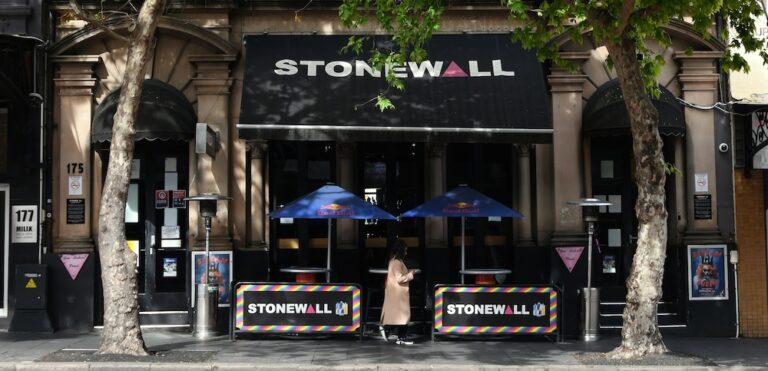
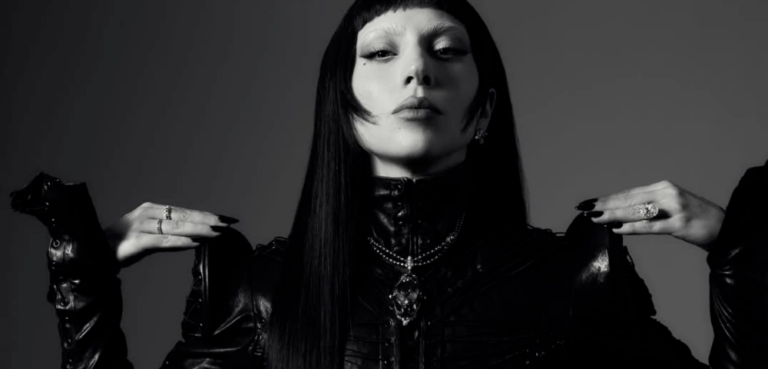
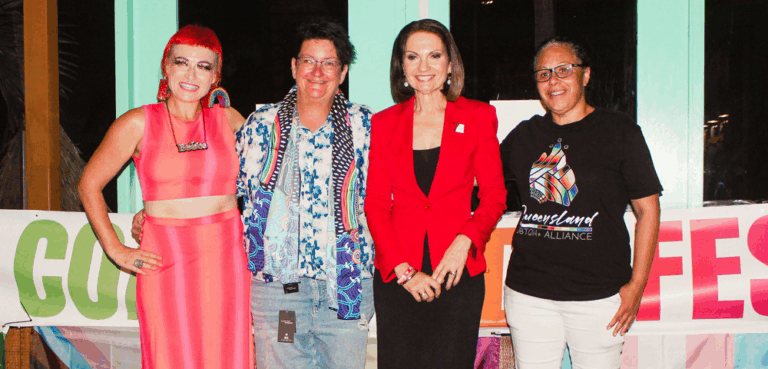

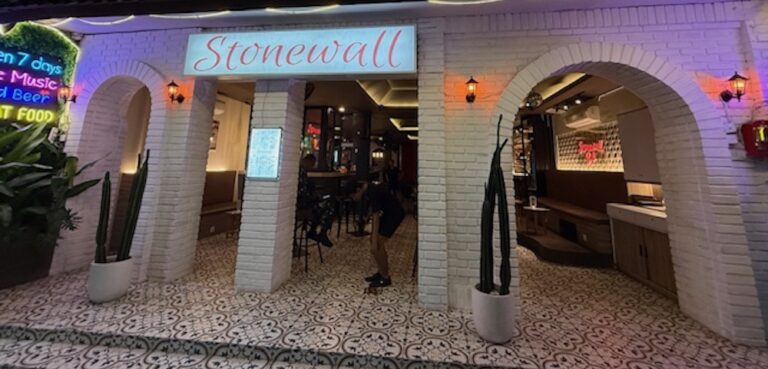
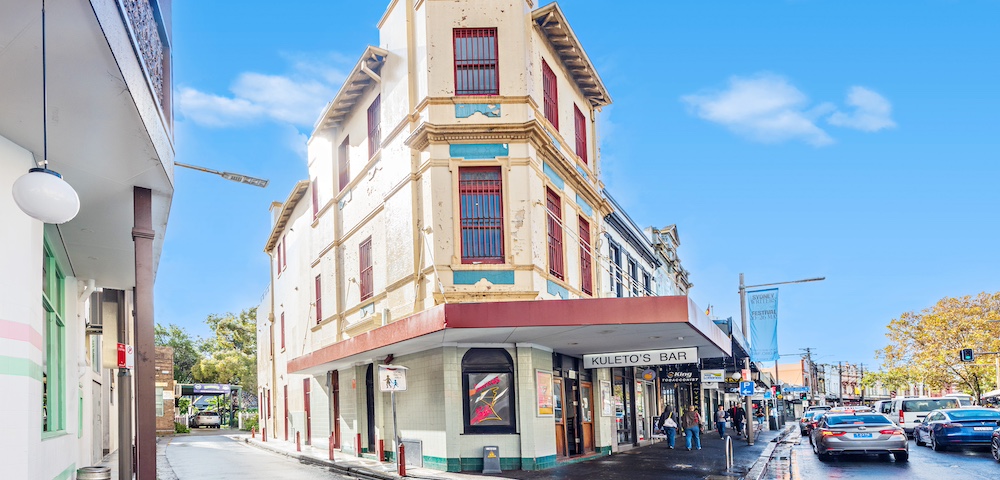
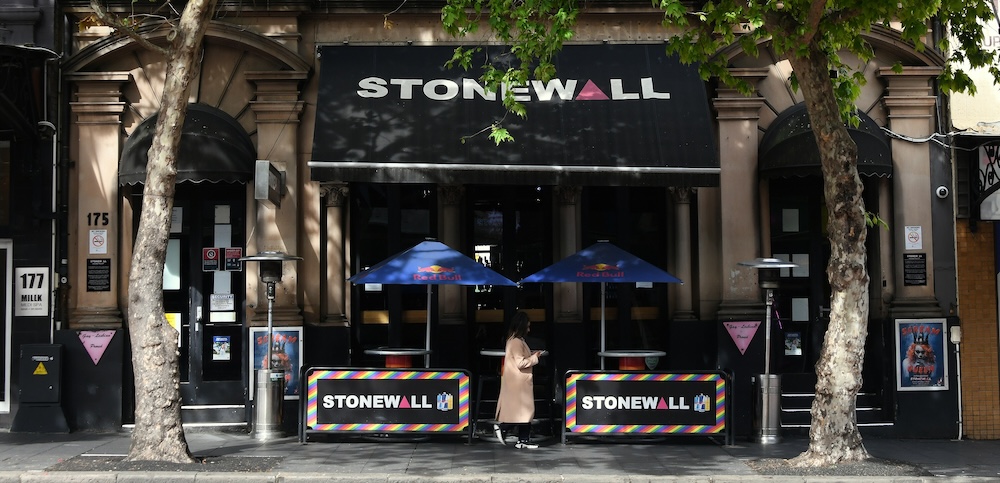
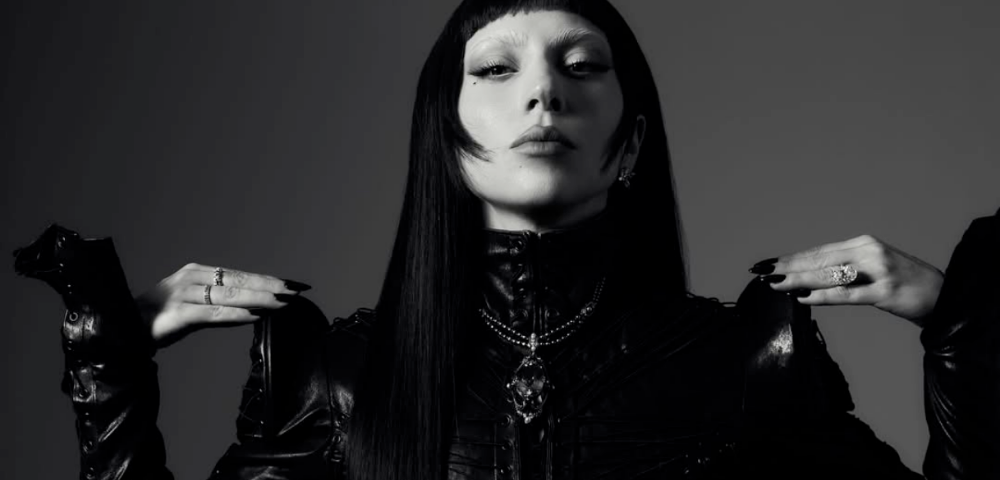
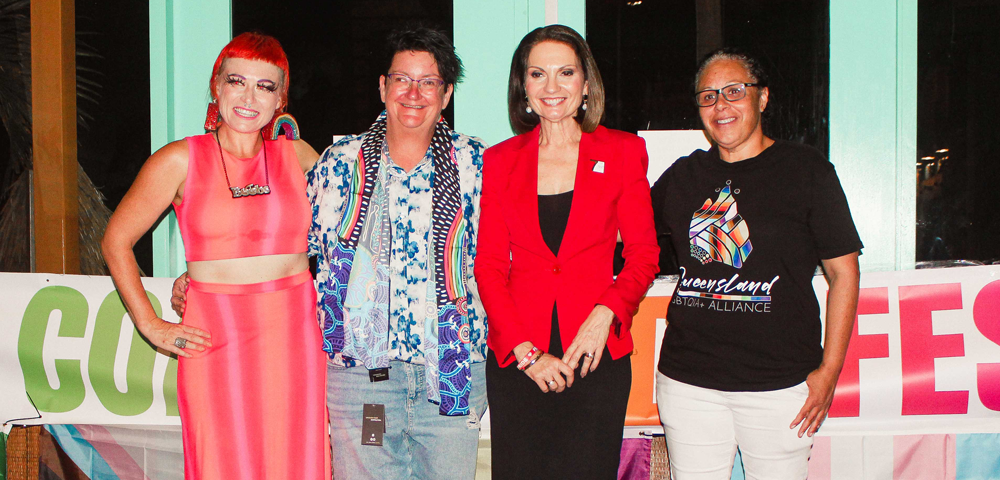

White and cis gays and lesbians have shown themselves to be some of the worst. They think they have “made it” into regular society and see themselves as part of the oppressor class, Karens and Kyles all. Just look at what the “lgbt pride” white-only group in Los Angeles did last week. They stabbed the LA Black Lives Matter group in the back, conspiring with white cops against them.
I was at the Black Lives Matter event in Taiwan on June 6. I saw some Lesbians, Bi, Pan, and Trans people I know, people who I expected to see there. But Gay men, drag queens and TERFs? Nowhere to be seen. I already knew they DGAF about non-white or non-Taiwanese people, and they proved it again by their absence.